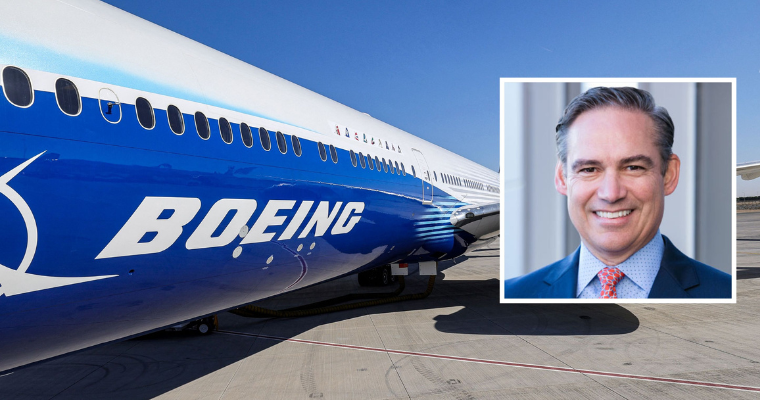After spiraling from crisis to crisis over much of the past seven years, Boeing
is stabilizing under CEO Kelly Ortberg’s leadership.
Ortberg, a longtime aerospace executive and an engineer whom the manufacturer plucked from retirement to fix the problem-addled company last year, is set this week to outline significant progress since he took the helm a year ago. Boeing reports quarterly results and gives its outlook on Tuesday.
So far, investors are liking what they’ve been seeing. Shares of the company are up more than 30% so far this year.
Wall Street analysts expect the aircraft manufacturer to halve its second-quarter losses from a year ago when it reports. Ortberg told investors in May that the manufacturer expects to generate cash in the second half of the year. Boeing’s aircraft production has increased, and its airplane deliveries just hit the highest level in 18 months.
It’s a shift for Boeing, whose successive leaders missed targets on aircraft delivery schedules, certifications, financial goals and culture changes that frustrated investors and customers alike, while rival Airbus pulled ahead.
“The general agreement is that the culture is changing after decades of self-inflicted knife wounds,” said Richard Aboulafia, managing director at AeroDynamic Advisory, an aerospace consulting firm.
Analysts expect the company to post its first annual profit since 2018 next year.
“When he got the job, I was not anywhere as near as optimistic as today,” said Douglas Harned, senior aerospace and defense analyst at Bernstein.
Ortberg’s work was already cut out for him, but the challenges multiplied when he arrived.
As the company hemorrhaged cash, Ortberg announced massive cost cuts, including laying off 10% of the company. Its machinists who make the majority of its airplanes went on strike for seven weeks until the company and the workers’ union signed a new labor deal. Ortberg also oversaw a more than $20 billion capital raise last fall, replaced the head of the defense unit and sold off its Jeppesen navigation business.
Ortberg bought a house in the Seattle area, where Boeing makes most of its planes, shortly after taking the job last August, and his presence has been positive, aerospace analysts have said.
“He’s showing up,” Aboulafia said. “You show up, you talk to people.”
Boeing declined to make Ortberg available for an interview.
